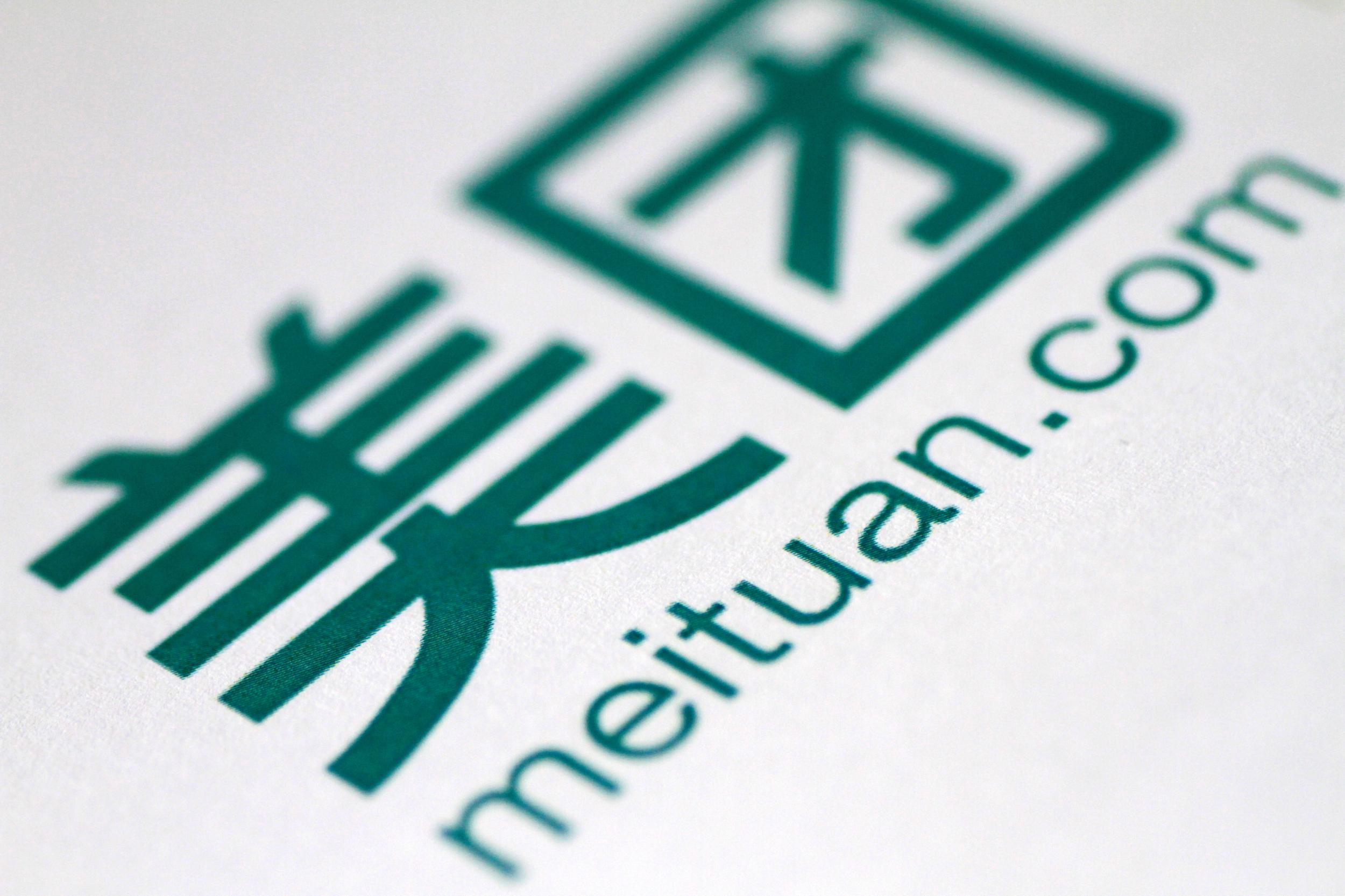Meituan Dianping: Little-known Chinese tech startup valued at $30bn
Meituan Dianping resembles a mashup of Groupon, Yelp, Foodpanda and Uber Eats

Your support helps us to tell the story
From reproductive rights to climate change to Big Tech, The Independent is on the ground when the story is developing. Whether it's investigating the financials of Elon Musk's pro-Trump PAC or producing our latest documentary, 'The A Word', which shines a light on the American women fighting for reproductive rights, we know how important it is to parse out the facts from the messaging.
At such a critical moment in US history, we need reporters on the ground. Your donation allows us to keep sending journalists to speak to both sides of the story.
The Independent is trusted by Americans across the entire political spectrum. And unlike many other quality news outlets, we choose not to lock Americans out of our reporting and analysis with paywalls. We believe quality journalism should be available to everyone, paid for by those who can afford it.
Your support makes all the difference.China’s Meituan Dianping just became the world’s fourth-most valuable startup, reaching a $30bn (£22bn) valuation that puts it ahead of high-fliers like Airbnb and Space X.
Never heard of Meituan? You’re not alone. The Beijing-based company, led by Wang Xing, is almost unknown beyond its home country. It delivers food to people’s homes, sells groceries and movie tickets, provides reviews of restaurants, and markets discounts to consumers who buy in groups. It’s a sort of mashup of Groupon, Yelp, Foodpanda and Uber Eats.
Meituan’s appeal for investors is its dominant position in a market of more than a billion people. It was formed through the 2015 merger of Meituan and Dianping, creating the leading player for internet-based services ordered via smartphone apps. It raised $4bn in the latest round from Tencent, Sequoia Capital and US travel giant Priceline.
“It’s a quasi-monopoly built on the stomachs of 1.4 billion people,” said Keith Pogson, global assurance leader for banking and capital markets in Hong Kong at consultant EY.
Wang started Meituan.com in 2010 as a group-buying site similar to Groupon, where people can get discounts by buying electronics or restaurant meals together. Dianping was founded in 2003 in Shanghai with reviews of restaurants and other local businesses, then diversified into group discounts. The companies were valued at $15bn when they merged two years ago.
The combined companies have far surpassed their US peers. Chicago-based Groupon, once a sensation in the US, has dropped to a market value of less than $3bn. Yelp, based in San Francisco, has tumbled from its peak in 2014 to $3.6bn.
Meituan Dianping has expanded well beyond its original businesses. With a few taps to navigate its smartphone apps, Chinese customers can order up hot meals, groceries, massages, haircuts and manicures at home or in the office. One popular service: You can get your car washed while you’re at work and it’s parked on the street -- the service sends a photo to your phone to verify the job. Meituan says it now has 280 million annual active users and works with 5 million merchants.
The offerings, collectively known as online-to-offline or O2O services, may ultimately prove more successful in China than in the US. Labour costs are lower in China, cities are more densely populated and there are more people. The country’s O2O market surged 72 per cent to 762bn yuan (£87bn) last year, according to estimates from consultant IResearch.
“China’s market is big enough for a company this size,” said Wang Ling, an analyst with IResearch. “After years of consolidation, Meituan is one of the few contenders in areas with gigantic revenue.”
Meituan is facing increasingly stiff competition from China’s technology giants and their proxies. In particular, Alibaba has backed a rival service called Ele.me, which recently acquired Baidu’s business, Waimai. Alibaba, Tencent’s primary rival, is boosting its investment to bankroll expansions into more cities and businesses.
“Meituan faces so many competitors because of its wide range of business,” said Cao Lei, director of the China E-Commerce Research Center in Hangzhou. “Lifestyle e-commerce, which includes online travel and dining reservations, is one of the fastest growing sectors in the country.”
Travel is becoming the latest competitive ground. With the recent fundraising, Meituan plans to spend hundreds of millions of dollars over the next three to five years to become a leading travel booking site. It’s also exploring opportunities to collaborate with Priceline as part of the investment. That may present a challenge to China’s biggest online travel site, Ctrip, which is backed by Baidu.
In the latest funding, Meituan also received money from Canada Pension Plan Investment Board, Trustbridge Partners, Tiger Global Management, Coatue Management and the Singaporean sovereign wealth fund GIC. Meituan said it would use the cash to expand in artificial intelligence and drone-delivery technology.
Meituan is one of the new generation of Chinese technology companies that has rapidly gained popularity thanks to the rise of smartphones. Where Baidu, Alibaba and Tencent have come to be collectively known as BAT, new media upstart Jinri Toutiao, Meituan Dianping and ride-sharing king Didi Chuxing have now earned their own acronym: TMD.
The $30bn financing ranks the company fourth in the world in startup valuations, according to CB Insights. The first three are Uber, Didi and Chinese smartphone maker Xiaomi.
EY’s Mr Pogson however cautioned that valuations in China may be getting a bit overheated. Shares of private companies like Meituan and Uber aren’t traded in liquid markets every day, so valuations change only rarely and typically go up. In addition, many of the fundraisings in China and the US are done with ratchets, or protections so that investors get compensation if the valuations fall later on.
“You have to take these numbers with a grain of salt,” he says.
Bloomberg
Join our commenting forum
Join thought-provoking conversations, follow other Independent readers and see their replies
Comments